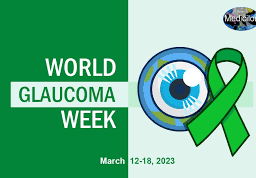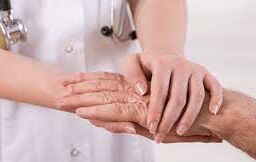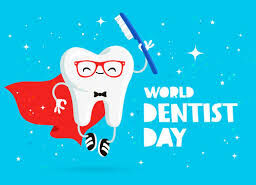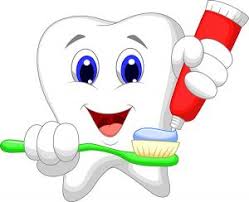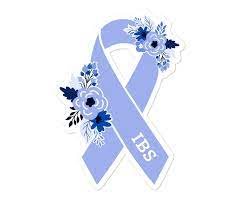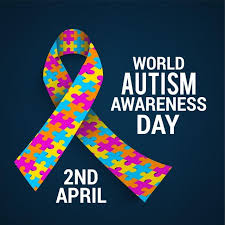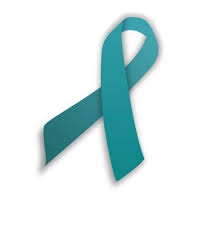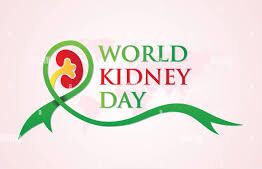
World Kidney Day: Prevention, Early Detection, and Treatment of Kidney Disease
The kidneys, often unsung heroes of our health, play a pivotal role in maintaining our well-being. Filtering waste, regulating blood pressure, and producing essential hormones, these vital organs are instrumental in preserving overall health. World Kidney Day serves as a crucial platform to spotlight the significance of kidney health, raise awareness about the risks of diseases, and advocate for early detection and treatment. As we unite today, let us, encourage everyone to prioritize their well-being and take proactive steps in caring for these invaluable organs.
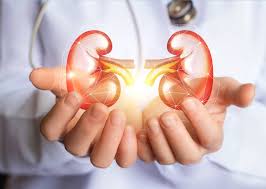

The kidneys are vital organs that play a crucial role in maintaining our overall health and well-being. They filter waste and excess fluids from the blood, regulate blood pressure, and produce hormones that help to control red blood cell production and maintain bone health. Unfortunately, kidney disease is a growing problem worldwide, with millions of people suffering from chronic kidney disease (CKD) and millions more at risk of developing it.
Overview of the Kidney:
The kidneys are vital organs in the human body, each about the size of a fist, located on either side of the spine. They are bean-shaped organs with a smooth, reddish-brown outer surface, composed of nephrons, tiny functional units responsible for filtering the blood. The renal artery brings blood to these organs, where waste is extracted, and the cleansed blood is returned to circulation through the renal vein. Each of these organs is connected to the bladder by a tube called the ureter, through which urine is transported.
The functions of the kidney:
- Filtration: They filter blood, removing waste products and excess fluids to form urine.
- Blood Pressure Regulation: The renin-angiotensin-aldosterone system helps regulate blood pressure.
- Electrolyte Balance: They maintain the balance of electrolytes like sodium, potassium, and calcium.
- Hormone Production: Erythropoietin stimulates red blood cell production, while calcitriol contributes to bone health.
Healthy tips:
- Drink an adequate amount of water.
- Adopt a diet rich in fruits, vegetables, whole grains, and lean proteins.
- Keep blood pressure in a healthy range.
- Excessive salt can contribute to high blood pressure; aim for a low-sodium diet.
- Stay physically active to promote overall health.
- Excessive use of over-the-counter painkillers can harm the kidneys.
- Smoking can damage blood vessels and hinder proper kidney function.
- Keep blood sugar levels under control.
World Kidney Day is an important opportunity to raise awareness of the importance of these organs and the impact that kidney disease can have on individuals and communities. By educating people about the risk factors, promoting early detection and treatment, and encouraging healthy lifestyle choices, we can help to prevent and manage this disease and improve the lives of millions of people around the world. Let us join hands on this World Kidney Day to raise awareness and encourage everyone to take care of their health.
Disclaimer: The information provided in this content is for general informational purposes only. It is not intended as medical or healthcare advice, diagnosis, or treatment. Always seek the advice of a qualified healthcare professional with any questions you may have regarding a medical condition or healthcare decisions.




